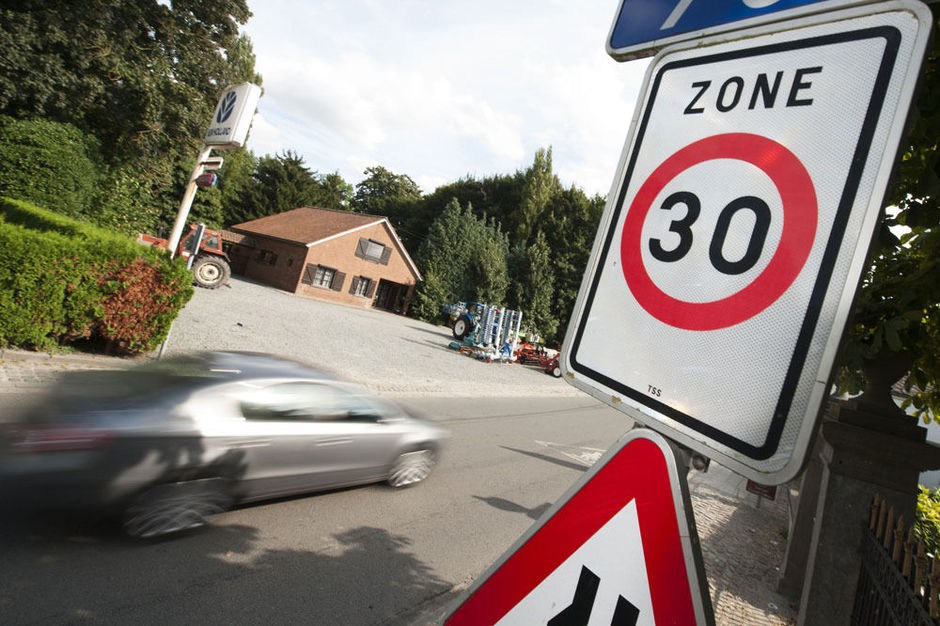Speed cameras will soon ticket people as soon as they drive over the posted limit, rather than allowing a certain margin of tolerance, according to Minister of Justice Vincent Van Quickenborne.
This does not affect a 6 kilometre per hour “technical correction” margin to account for potential device errors, as it’s possible for speed cameras to have a margin of error.
In many places throughout Belgium, greater margins of tolerance exist because otherwise the stream of official reports on traffic violations would become too large and unmanageable for the judicial system.
The margins of tolerance are generally not made public, but in Brussels’ Zone 30, cars are only ticketed when driving 47 kilometres per hour or faster according to reporting from De Standaard.
Van Quickenborne also plans to abolish quotas established by some public prosecutors in different regions, which often result in the cameras simply turning off once they have ticketed a predetermined number of vehicles.
This is likewise done to avoid having too many tickets to be able to efficiently process.
“Speed cameras and section controls will be able to operate 24 hours a day, seven days a week,” Minister Van Quickenborne said.
Extra police judges are being recruited in anticipation of an increase in tickets once the margins and quotas are removed, with a goal of adding 45 employees to public prosecutors’ offices and 30 employees for police courts by the end of 2022.
“We welcome every measure to increase the chance of being caught,” said spokesperson Stef Willems from the traffic institute Vias (formerly the Belgian Road Safety Institute).
“Research shows that the chance of being caught is much more important than the amount of a fine in order to change behaviour.”
Around 4.44 million Belgians received a ticket from a speed camera in 2019. In 93% of cases, those fines were paid.
The collection of fines has only been automated since 2017.
Only 30% of penal fines, which are imposed by the criminal courts, are paid - a number that Van Quickenborne says must rise.
The government also wants to tackle repeat offenders.
With a €430,000 budget, a recidivism monitor will be developed for this purpose, and the National Institute of Criminology and Criminalistics (NICC) will be called in to analyse the figures.
The Brussels Times

